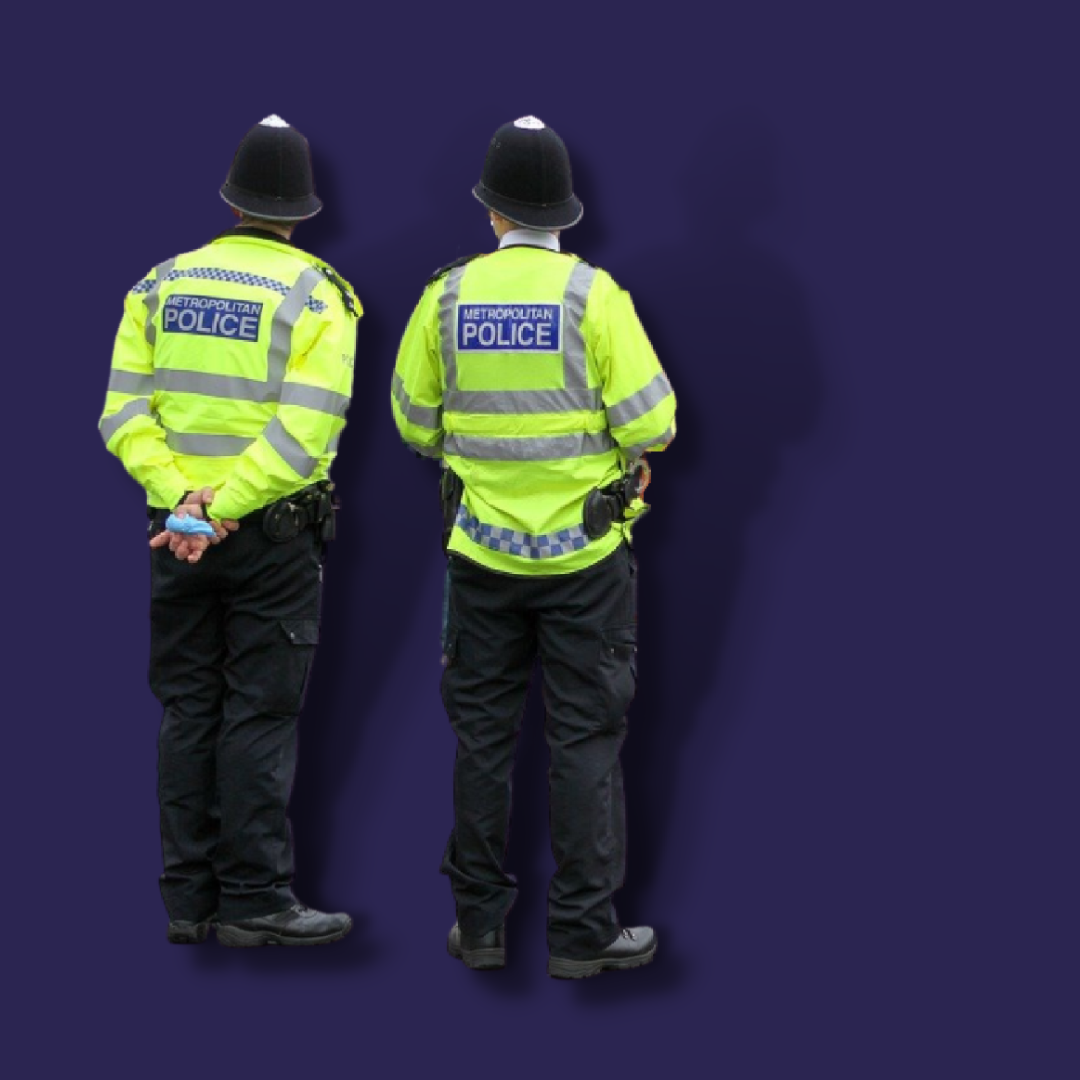 19 Mar
19 Mar
The National Police Chiefs’ Council and College of Policing have today (23rd July 2024) released their National Policing Statement outlining the scale of violence against women and girls (VAWG), deeming it a ‘national emergency’ and setting out plans to address it.
The report finds:
- 3,000 crimes of violence against women and girls (VAWG) are recorded each day, with at least 1 in 12 women becoming victims each year.
- Given most victims do not report to the police, the End Violence Against Women Coalition asserts that the true number is likely much higher
- 1 in 20 people are estimated to be perpetrators of VAWG per year, with the actual number thought to be significantly higher.
In light of this, the national bodies have committed to launching a specialist national centre to tackle VAWG, and for proportionate and effective data and intelligence sharing to support early identification and risk of VAWG. They have called for a whole-system approach that brings together criminal justice partners, government bodies, voluntary organisations and industry.
Responding to the report, Andrea Simon, Executive Director of the End Violence Against Women Coalition (EVAW), said:
“Violence against women and girls is one of the most pervasive human rights violations that we face. Recorded data will never completely capture the extent of this abuse, which we know remains highly underreported because as a society we still frequently treat victims as being responsible for their own abuse and keeping themselves safe, while many are denied routes to support and justice.
Recorded crimes of violence against women and girls have increased by 37%, but we know these are only the tip of the iceberg, as the vast majority of victims do not report what has happened to them. With the data showing that 1 in 20 adults in England and Wales will be a perpetrator of VAWG every year, it is important to understand that violence against women is a systemic problem within society, rather than something the majority of men can distance themselves from. We must all be taking action to hold each other to account and safely intervene as bystanders when needed.
We welcome a stronger focus on preventing violence against women, which looks beyond the criminal justice system alone. Too many women’s lives have been taken by male violence – deaths which were preventable but for the failures of early intervention and appropriate responses on the part of the police and other agencies.
We are also encouraged by the prioritisation of online and tech-enabled VAWG as one of the five critical threats to women and girls. For too long, police responses to online abuse have ranged from very poor to non-existent, despite the damaging effect it has on victims, including victims of domestic abuse subjected to control and coercion through technology.
However, while any response to this violence must take a whole-society approach, this does not mean policing passing the buck to other agencies. Policing has come under fire in recent years following high profile revelations about the scale of violence against women perpetrated by officers themselves, as well as other forms of misconduct resulting from systemic misogyny, racism and other forms of discrimination. While there have been some green shoot of progress, including a new national model for investigating rape that focuses on the suspect’s actions rather than the victim’s credibility, we have a long way to go.
While we welcome improved data-sharing to improve early identification of perpetrators and risk, this must be proportionate and in line with our rights, given how these practices have long been used to target and harm marginalised communities.
Over the last few years, we’ve heard countless commitments to change from the very top levels of policing, but the pace of this change has been far too slow. Too many women and girls have been failed while leaders conduct reviews, launch initiatives and deliver a range of strategies and plans.
Today’s plans signal intent, but we are a long way from seeing change filter down to the culture and practices of police forces, or deliver more joined up working. We don’t want to see another piece of paper that doesn’t deliver tangible change – women’s lives lie in the balance.”
ENDS
Media contact
Sinead Geoghegan, Head of Communications, media@evaw.org.uk 07960 744 502
Recommended ARTICLES
 19 Mar
19 Mar
 05 Mar
05 Mar
 27 Feb
27 Feb

